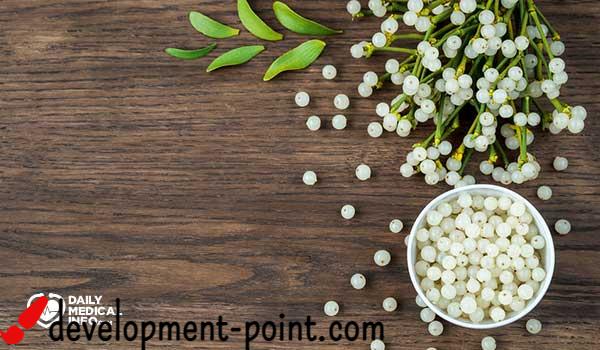What are gut bacteria and are they beneficial or harmful?
Intestinal bacteria are not all harmful, but there are many beneficial types of them that are very important for the health of the body. We will learn more about the bacteria in the intestines, and everything related to them.
What are gut bacteria?
It may surprise you to know that inside your gut there are hundreds of bacteria, which may reach 500 species! Each person is unique, and this is due to various factors, including your diet and lifestyle in general, along with the environment in which you were born and the mother’s bacteria before birth.
And these bacteria have a very important role in the health of digestion, and even the health of the body in general, the immune system, and the psychological state as well, in addition to that these bacteria can have a relationship with some diseases such as diabetes and obesity!
Types of gut bacteria
There are two types of bacteria in the intestine, some beneficial and harmful, and many factors determine the nature of bacteria, and we will learn more about these types:
harmful gut bacteria
The bacteria of a healthy person differs from that of a sick person. There may be an imbalance in the bacteria of a sick person, in terms of the balance between beneficial and harmful bacteria. The relationship between some diseases and bacteria in the intestine may be greater than you can imagine. Gut bacteria are related to the body’s metabolism.
Also, the large number of gut bacteria may convert fiber into fatty acids, which may cause fat deposition in the liver, which may cause a condition known as metabolic syndrome, a condition that can cause type 2 diabetes along with obesity and heart diseases.
beneficial gut bacteria
They are bacteria that help digest food and break it down so that the body absorbs the important elements from it. There are many ways that can promote the health of beneficial bacteria, the most important of which is healthy food, which must include:
- Eating fruits and vegetables are rich in fiber, which is important for health.
- High-fiber foods such as apples, bananas, and broccoli.
- Legumes contain a high percentage of fiber.
- Eat foods that contain probiotics.
- Fermented foods such as yogurt.
- Eat whole grains and include plant foods in your diet.
- For children, the fact that the mother breast-fed them for at least 6 months helps to promote the growth of the microbiome in children.
- Exercising can also help boost the health of the good bacteria in the body.
Gut bacteria and depression
There may be a relationship between depression and bacteria in the intestines, as the intestines are full of nerve endings that are linked to the brain, and there may be a relationship between bacteria and central nervous system disorders, including depression or anxiety.
Some types of bacteria can also help produce chemicals in the brain known as neurotransmitters, such as serotonin, which is considered an antidepressant and is often produced in the intestines. Some studies have also shown the possibility that some types of probiotics may help improve symptoms of depression or other mental disorders.
coli symptoms
Gut bacteria can have a significant impact through its role in many diseases such as inflammatory bowel disease and irritable bowel syndrome.
Some disturbing symptoms may result in people suffering from irritable bowel syndrome as a result of some microbes that produce a lot of gases, and these symptoms include abdominal pain, bloating, and cramps.
In the end, we always recommend following a healthy diet that helps to promote health in general, to obtain the nutrients required for the body, and in the event of any health problem, you should consult a doctor.

